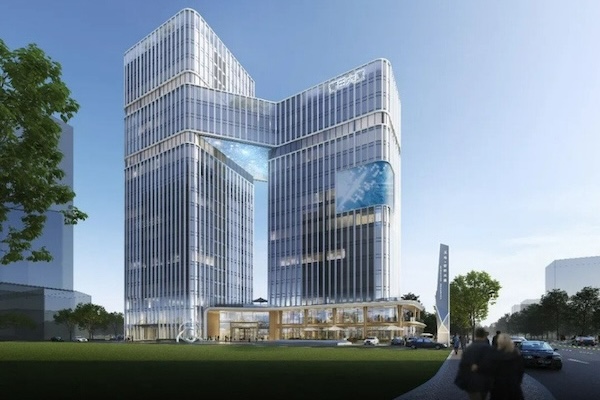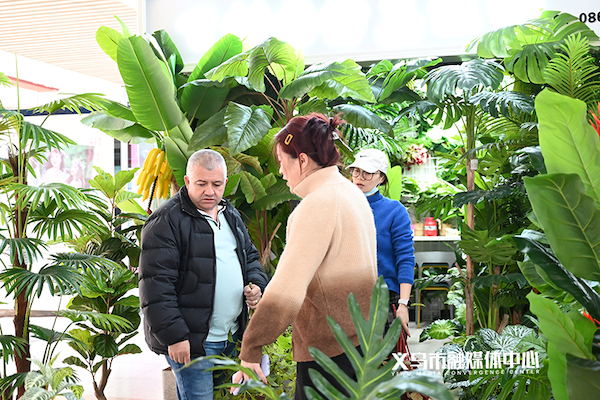Policies aim to lift Zhejiang economy
Thirty-eight policies will be implemented in Zhejiang province to stabilize the economy and boost the vitality of market entities, officials said at a news conference hosted by the provincial government last week.
The policies include support in finance, investment, consumption, stabilization of foreign trade, foreign investment, food and energy security, stability of industrial and supply chains and people's basic livelihoods.
In terms of financial support, Zhejiang — a hub of China's private economy — will further increase the scale of value-added tax (VAT) credit refunds to ensure that the existing refundable increments and outstanding VAT credit refunds will be basically finished by the end of June. Priority will be given to key industries affected by the COVID-19 pandemic, as well as micro, small and medium-sized enterprises, or MSMEs.
Because spurring consumption and promoting effective investment play an important role in stabilizing the economy, Zhejiang will speed up the construction of water conservancy projects, accelerate investment in transportation infrastructure and further expand private investment.
Consumer coupons for automobiles, home appliances, furniture, catering, accommodations, sports, culture and tourism will be issued to spur consumption.
To ensure the safety and stability of industrial and supply chains, Zhejiang will reduce the cost of water and electricity for the market entities and periodically promote the reduction and exemption of house rent, property tax and urban land use taxes.
Since the beginning of this year, Zhejiang has launched three sets of policies to stabilize the economy amid the ongoing COVID-19 pandemic. The first set was released in January, the second — for service industry relief — in March and the third in April to step up relief for MSMEs.
Fang Xiaoying in Hangzhou contributed to this story.

 Yiwu and Qingtian: Global supermarket alliance spurs economic growth
Yiwu and Qingtian: Global supermarket alliance spurs economic growth Artificial flowers: Yiwu's evergreen business
Artificial flowers: Yiwu's evergreen business Yiwu Intl Trade Market reopens after Spring Festival holiday
Yiwu Intl Trade Market reopens after Spring Festival holiday